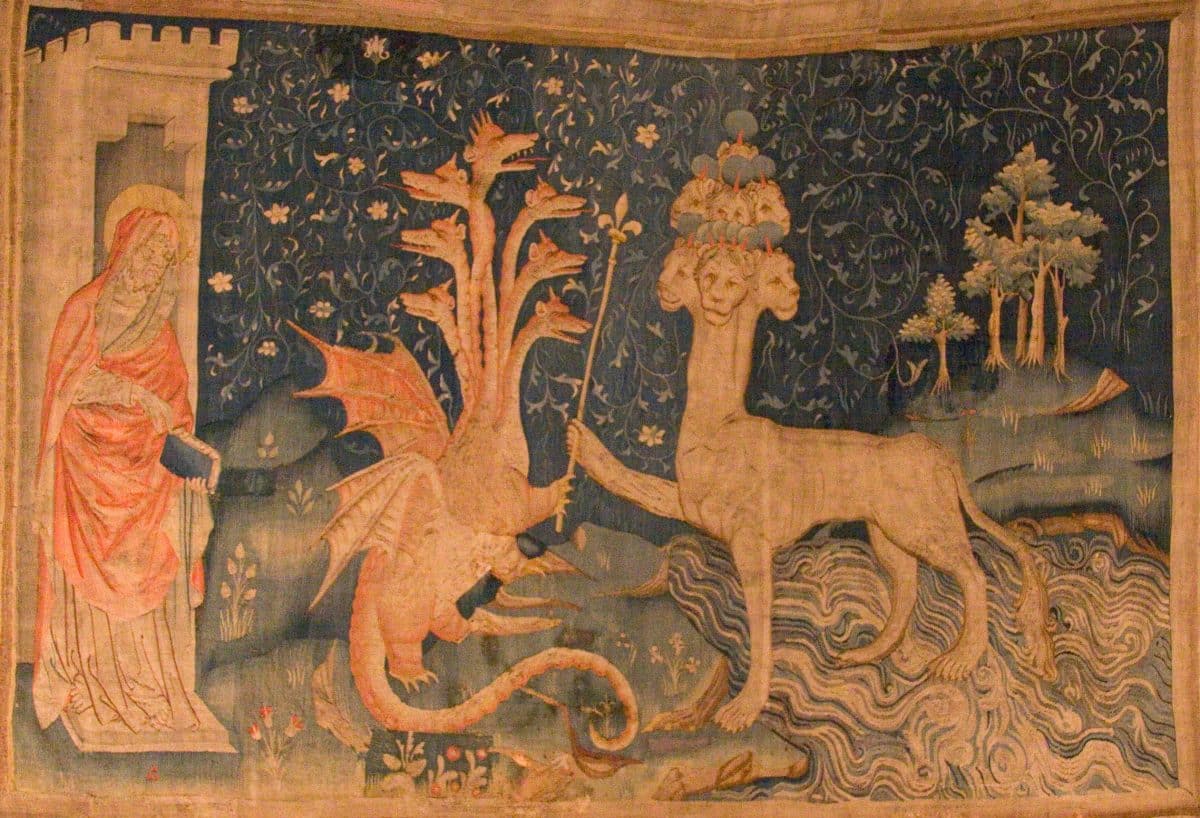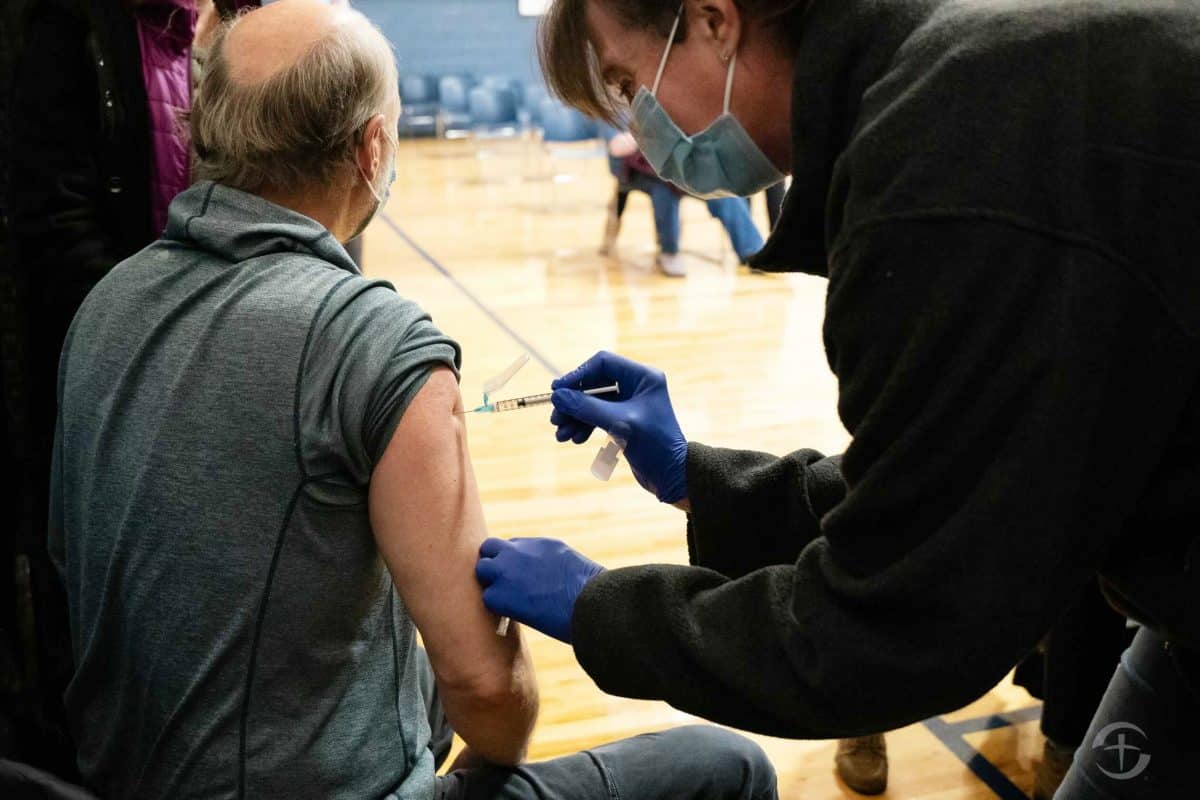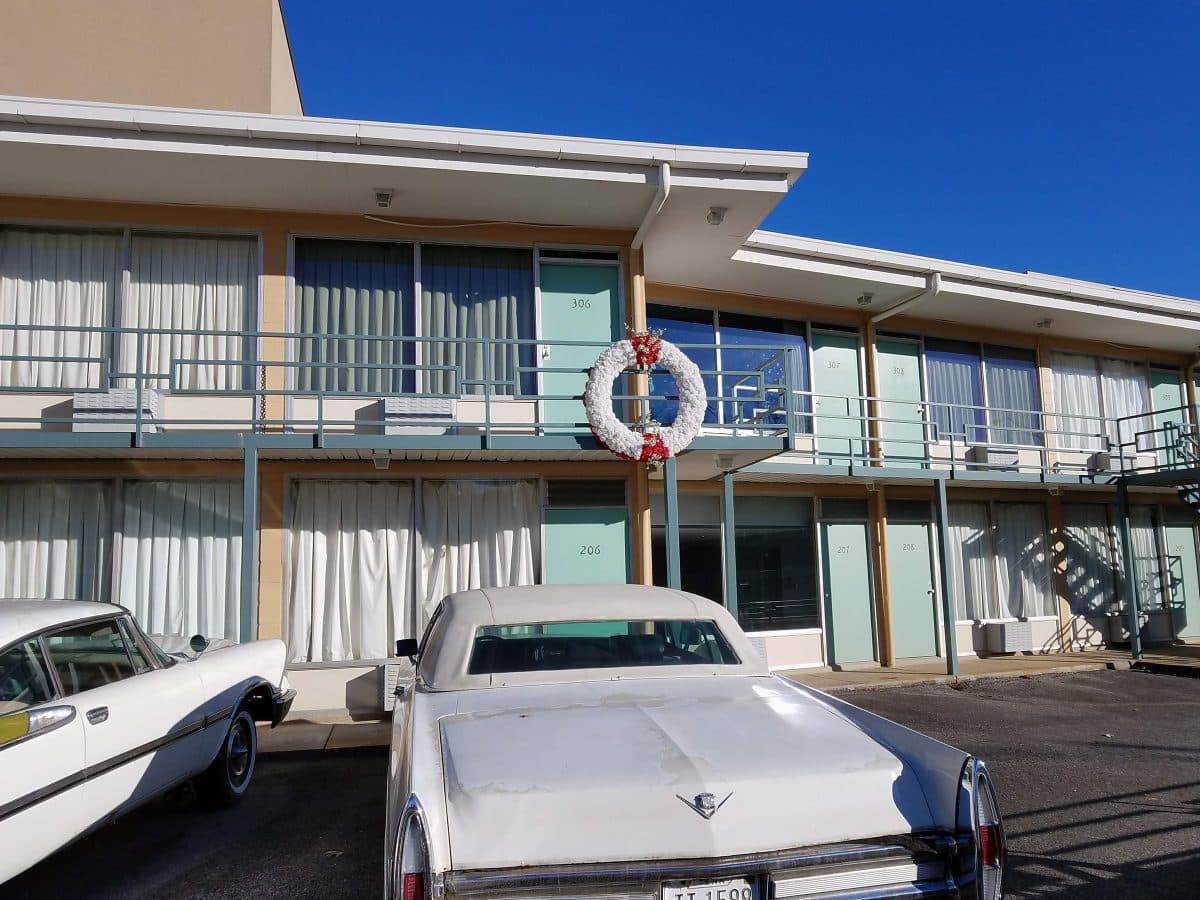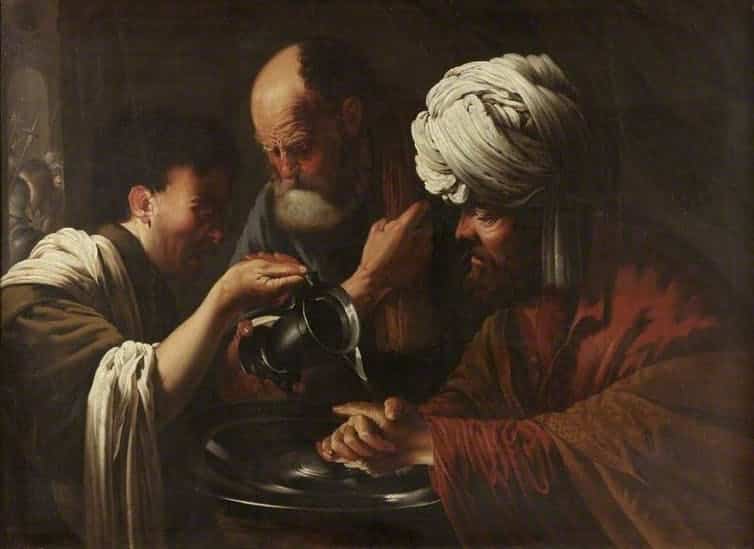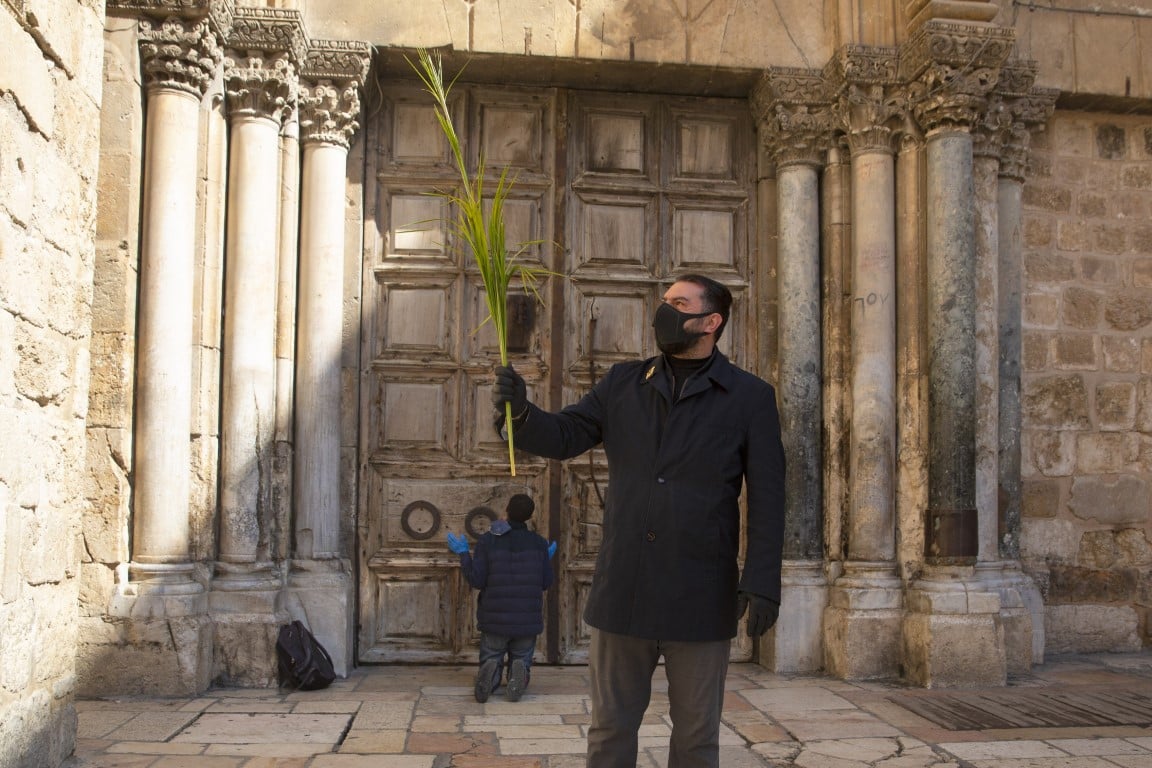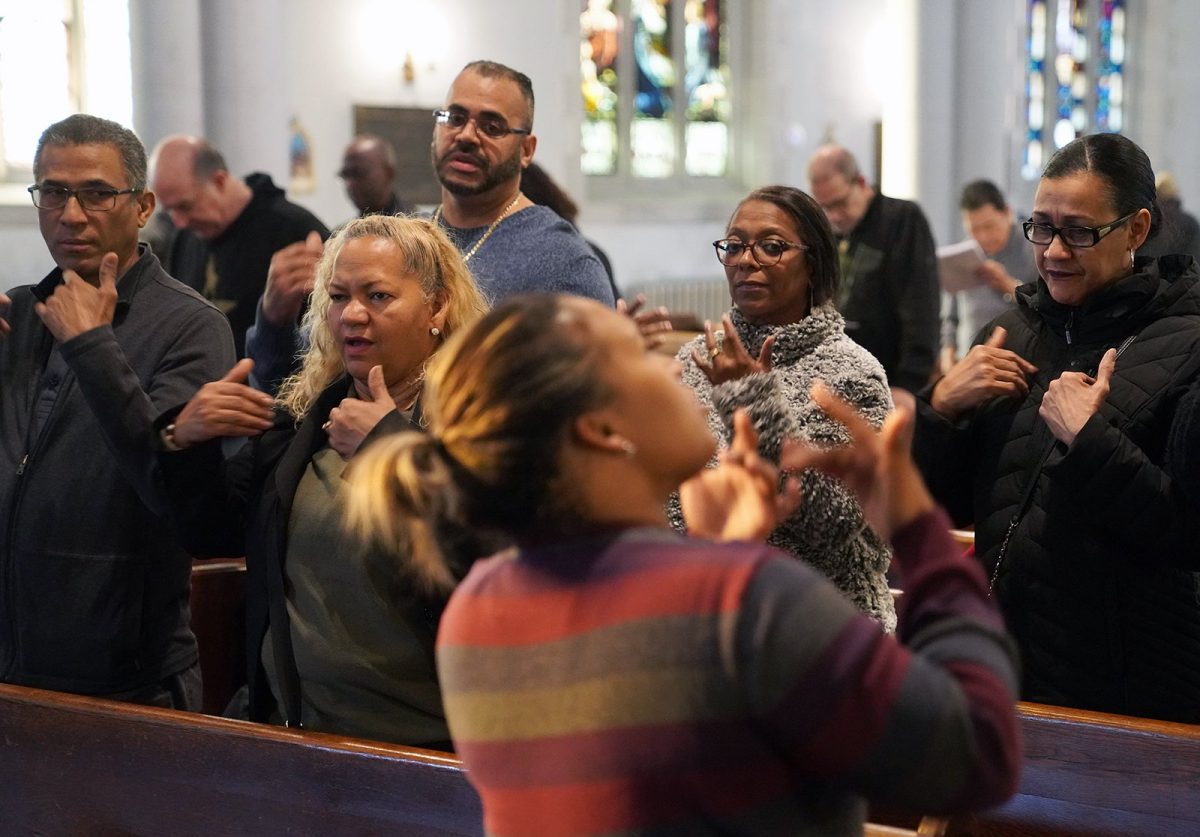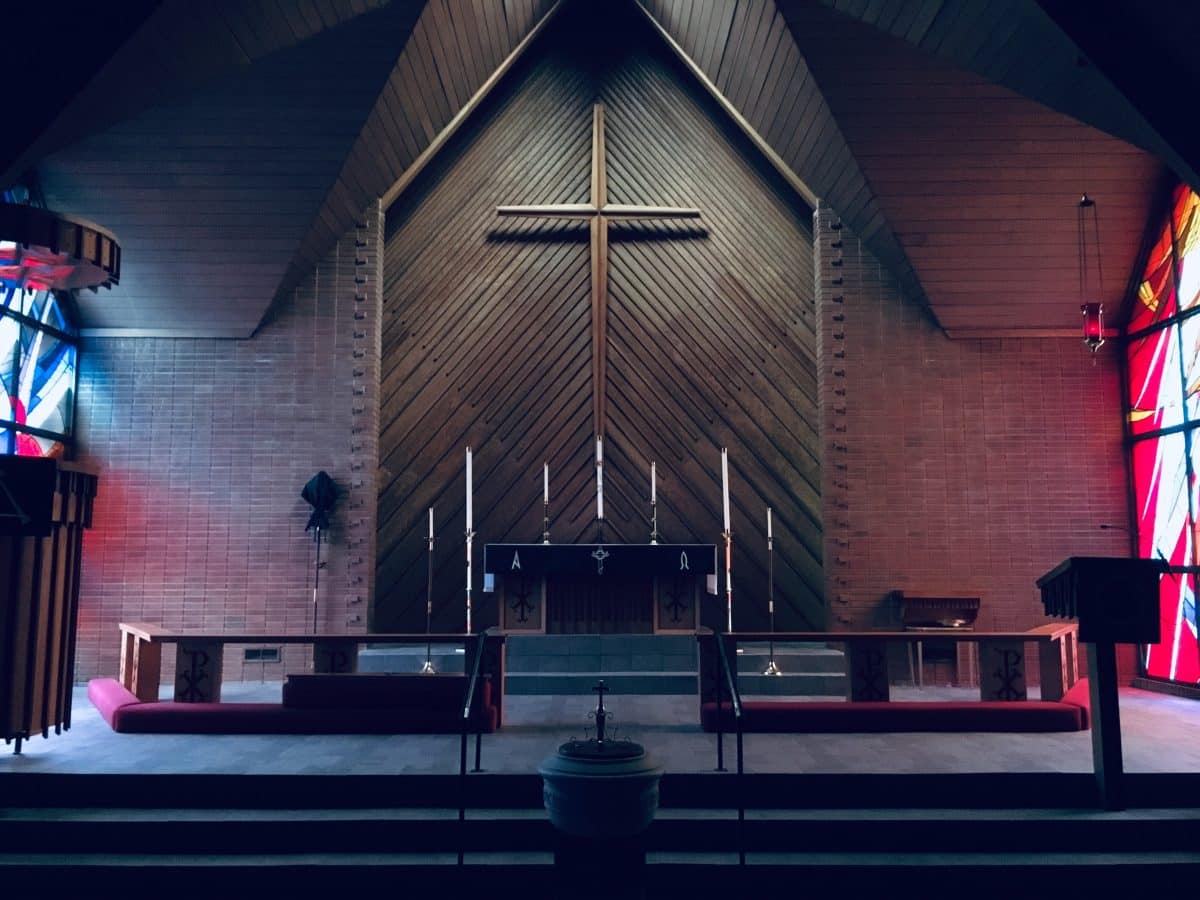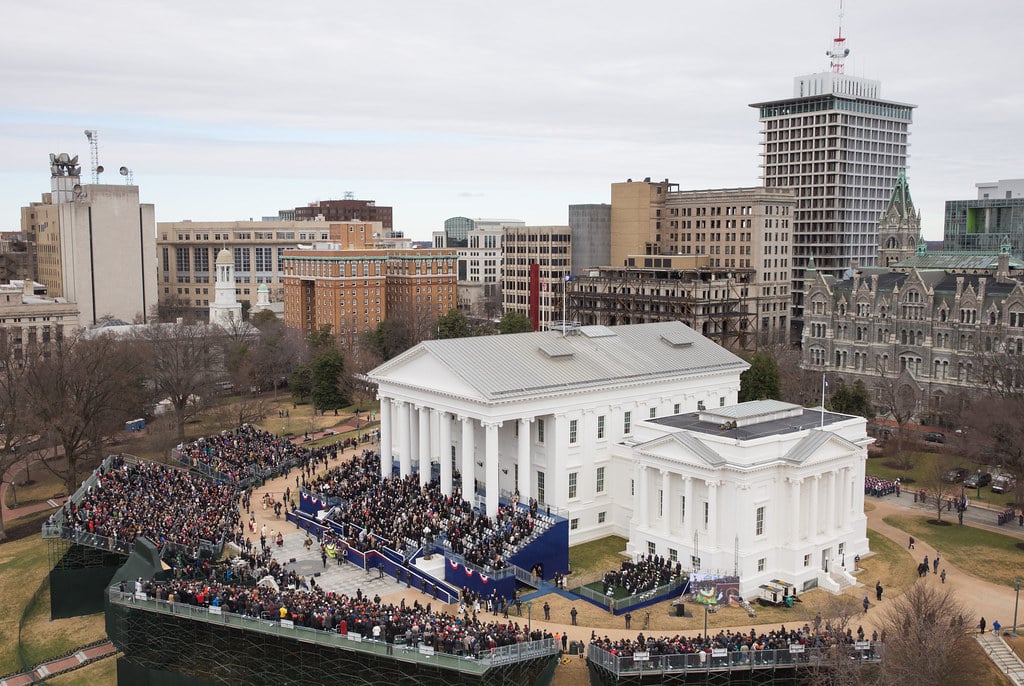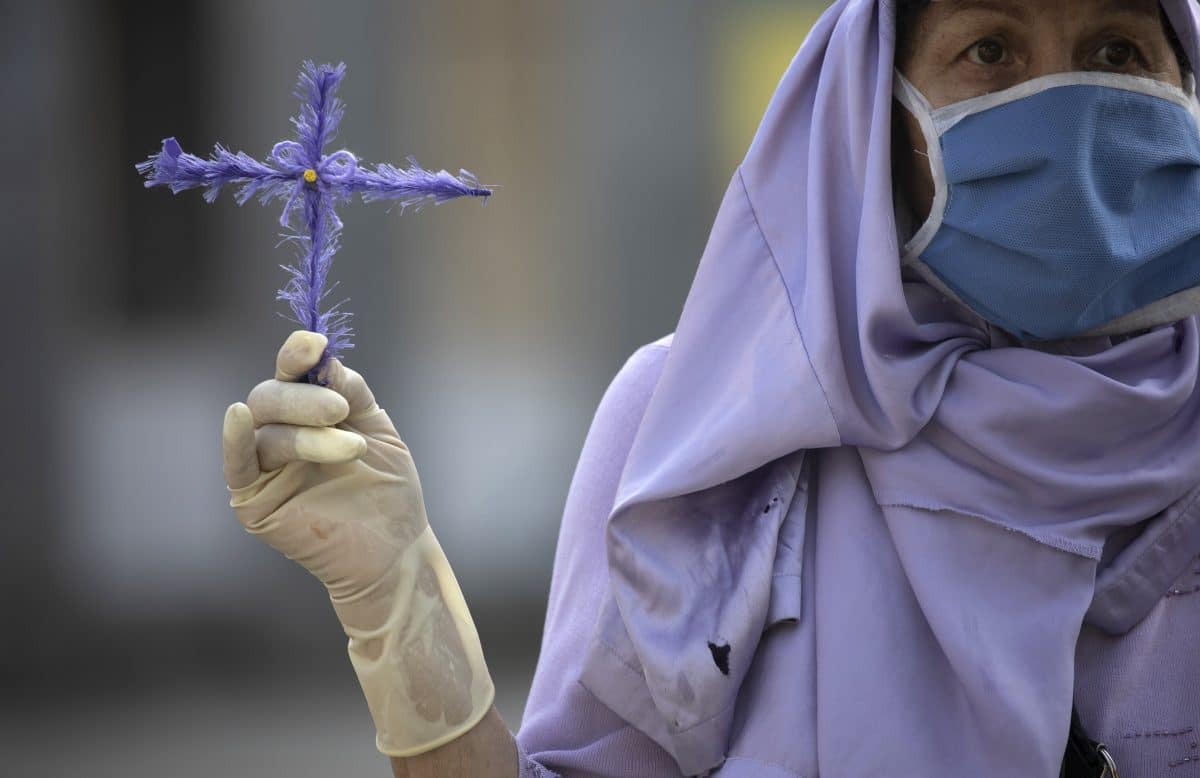COVID-19 Vaccine Not Linked to the Mark of the Beast – But a First-Century Roman Tyrant Probably Is
The mark of the beast in Revelation has throughout history been misunderstood as referring to various events and phenomena. Its connection to the COVID-19 vaccine is but the latest example of such misunderstanding.

